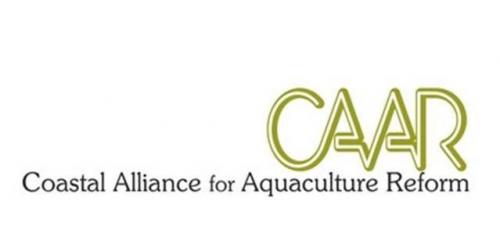Global Assessment of Closed System Aquaculture Released Today
May 15, 2008
VANCOUVER – A new report released today by the Georgia Strait Alliance and the David Suzuki Foundation shows that a shift from open to closed-system fish farming is not only a viable alternative to open net cage farming, but is also a vibrant and rapidly developing global industry.
One year after the Provincial Legislature’s own Special Committee on Sustainable Aquaculture recommended a rapid transition to closed-system fish farms, the provincial government continues to support net-pen salmon farming on B.C.’s South Coast.
"It’s time to move," said Jay Ritchlin, of the David Suzuki Foundation. "Science clearly shows us that open net fish farming causes considerable environmental damage, including possible extinction of wild salmon in Canada’s Broughton Archipelago."
The Global Assessment of Closed System Aquaculture, released on behalf of the Coastal Alliance for Aquaculture Reform, looks at diverse forms of closed-containment aquaculture being used and developed around the world to raise numerous types of seafood, including salmon. Closed-system aquaculture separates the farmed fish from the environment and allows control of input and output, eliminating damage to ecosystems and wild stocks.
"These technologies also offer tremendous economic opportunities, both in research and development and in operations," said Ruby Berry of the Georgia Strait Alliance. "With the increasing demand around the world for seafood, along with growing environmental concern from consumers, the benefits to companies that embrace these new technologies are significant."
The report looks at various closed-system technologies, including re-circulating tanks, raceways, flow-through systems, and inland ponds. The systems, some of which operate in Canada, are being used for numerous species of fish, shellfish, and aquatic plants.
– 30 –
For more information:
Contact Ruby Berry, Salmon Aquaculture Program Coordinator, Georgia Strait Alliance, (250) 218-6818
Read the Summary
Read the Full Report

